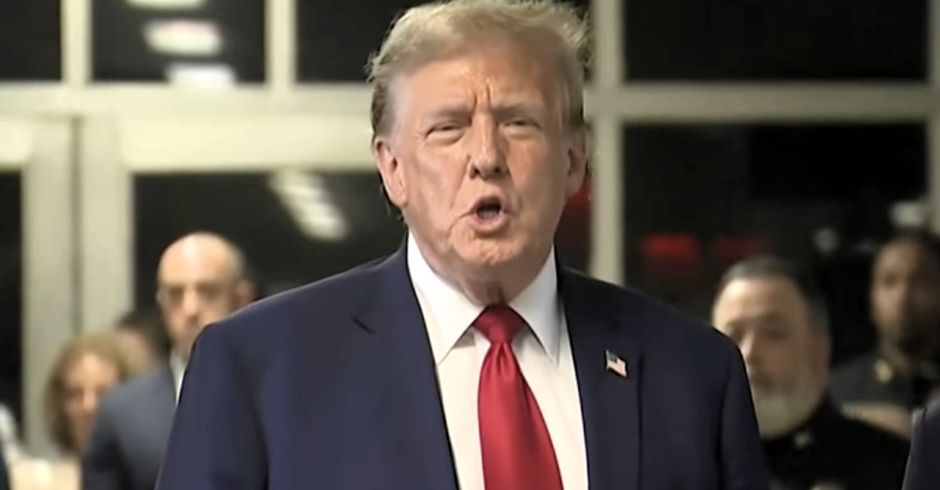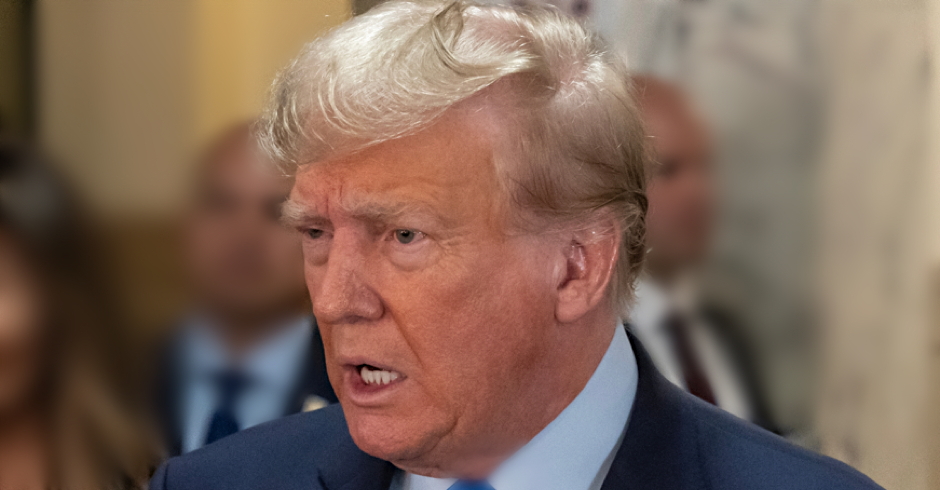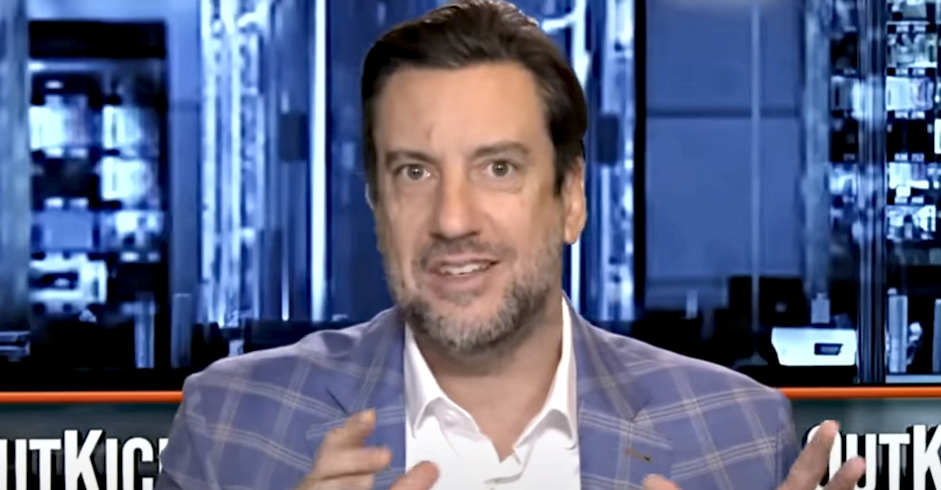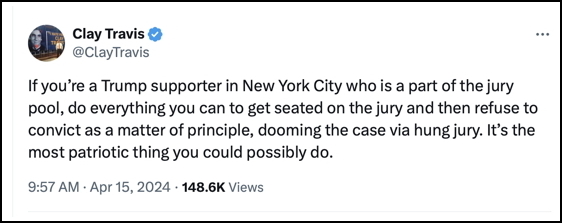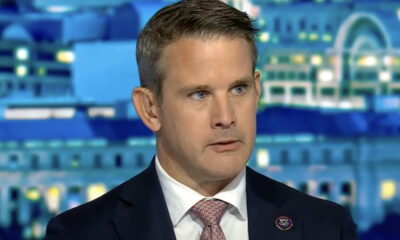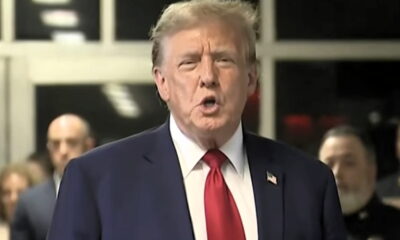State Supreme Court Rules Anti-Gay Firefighters Have No Religious Liberty Claim
Two anti-gay firefighters who were ordered to drive a firetruck in a gay pride parade sued, claiming their religious liberties were oppressed.Â
Rhode Island is an extremely Catholic, extremely religious state. Back in June of 2001, two firefighters were ordered to drive a firetruck in the Providence gay pride parade. Citing their Catholic faith, they claim they expressed that they were uncomfortable driving in the parade, but were ordered to do so anyway.
Three years later they sued. And now they have lost, with the Rhode Island Supreme Court ruling they have no case.
In their suit, the two men, Theodore Fabrizio Jr. and Stephen Deninno, claim they had to endure “sexual harassment” and “sexual propositions and other offensive remarks,” during the parade, and later, “at least 60 profanity-laced anonymous phone calls,” and “sexual harassment at the hands of their coworkers.”
Ruling that “there was no deprivation of a constitutional right,” Justice William Robinson explained that “participation in the parade as public servants carrying out a legitimate work assignment was not a deprivation of their constitutional rights,” according to Courthouse News Service.
No pertinent legal authority exists to support “the proposition that, in such specific circumstances, employees’ rights are violated if they happen to possess religious objections to the beliefs of the group with which an otherwise legitimate work assignment requires brief interaction,” according to the ruling.
“The respondents’ appearance in the parade, solely as members of the Providence Fire Department, did not constitute a form of expression on their part,” Robinson wrote. “Rather, it was simply the accomplishing of a task assigned to an engine company of the Providence Fire Department, and the individuals chosen to carry out that assignment cannot be said to have engaged in personal speech by carrying out their work as public servants.”
Justice Robinson also ruled that the court is “unaware of any pertinent legal authority in support of the proposition that, in such specific circumstances, employees’ rights are violated if they happen to possess religious objections to the beliefs of the group with which an otherwise legitimate work assignment requires brief interaction.”
While this is a state ruling, and not a federal one, it should expose the prevalence of so-called “religious freedom” legislation to greater scrutiny.
Â
Image via Flickr

Enjoy this piece?
… then let us make a small request. The New Civil Rights Movement depends on readers like you to meet our ongoing expenses and continue producing quality progressive journalism. Three Silicon Valley giants consume 70 percent of all online advertising dollars, so we need your help to continue doing what we do.
NCRM is independent. You won’t find mainstream media bias here. From unflinching coverage of religious extremism, to spotlighting efforts to roll back our rights, NCRM continues to speak truth to power. America needs independent voices like NCRM to be sure no one is forgotten.
Every reader contribution, whatever the amount, makes a tremendous difference. Help ensure NCRM remains independent long into the future. Support progressive journalism with a one-time contribution to NCRM, or click here to become a subscriber. Thank you. Click here to donate by check.
 |
